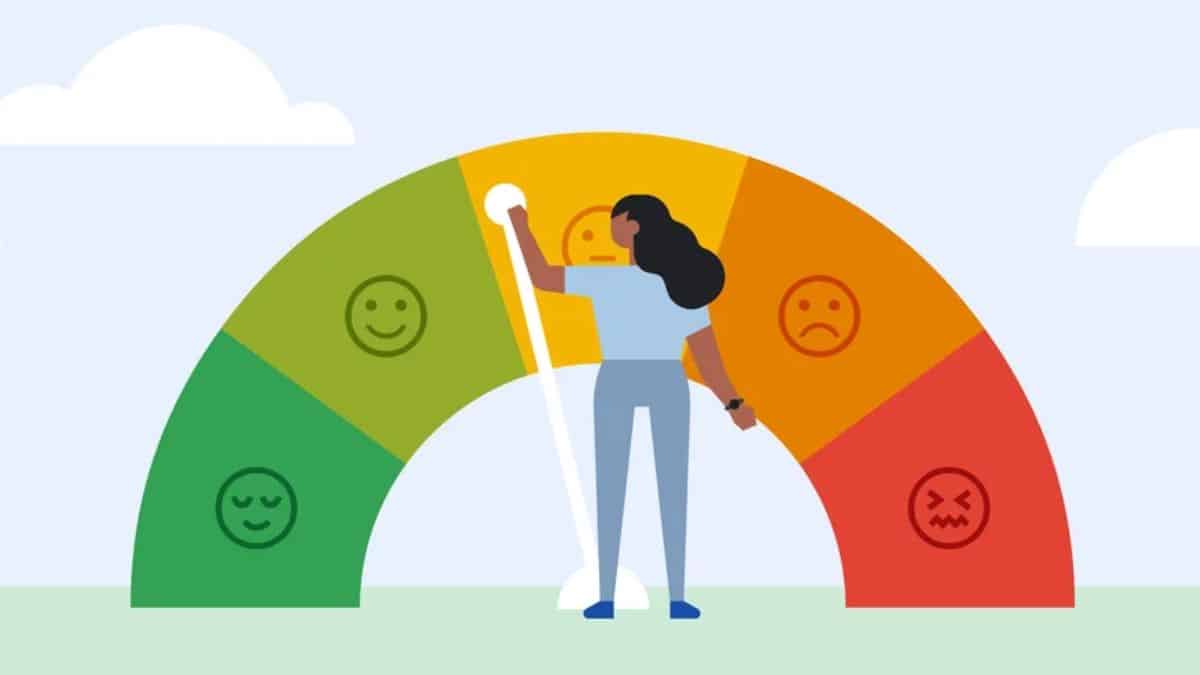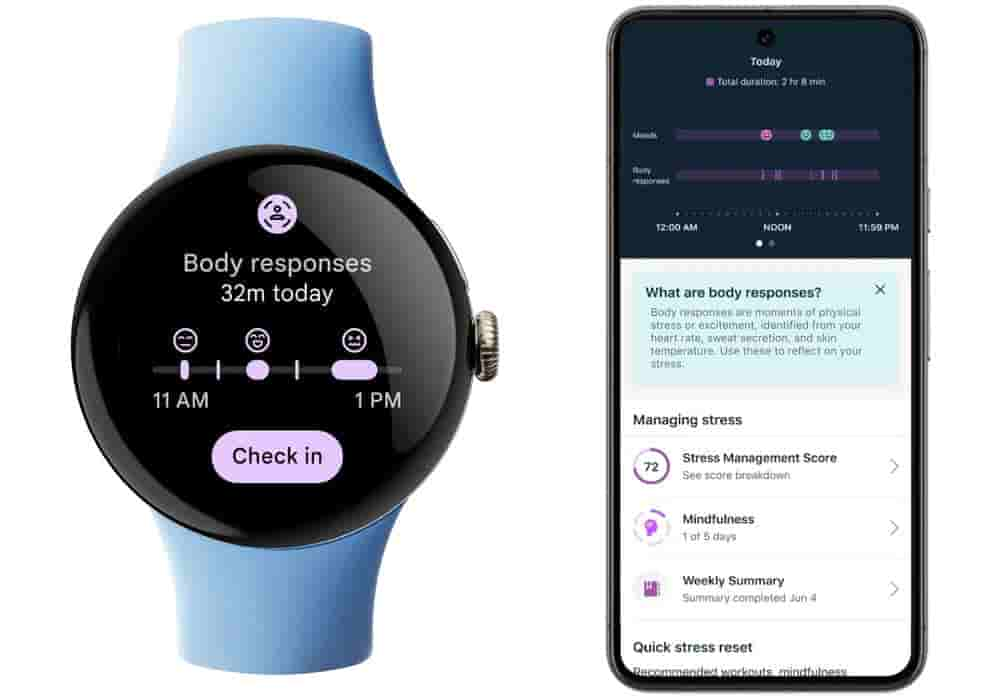Check how Fitbit’s stress measurement feature helps you in navigating through stress management

Fitbit, the popular fitness and activity tracker by Google is one of the highly sought-after fitness wearable products. Out of the many amazing features that Fitbit houses within itself, its capability to measure stress is one feature that should be talked about.
First of all, let’s get to know the people who brought the feature of measuring stress to Fitbit. Dr. Megan Jones Bell and her team created the stress measurement and management tools for Fitbit and Google Pixel. She is the clinical director of consumer health at Google. Under her leadership is a team that supports the strategy, research, and product development of Fitbit, Google Pixel Watch, and Pixel phones. Apart from this, she is a clinical psychologist and the director of Google’s Mental Health Center of Excellence.
Features of Fitbit’s stress measurement feature:
Fitbit’s stress measurement informs you when you are experiencing stress and what your baseline stress levels are. Along with it, the device provides a prompt for you to try and understand the reason behind the reaction.
When you experience stress, your heart rate increases and your body temperature rises. It is also possible that you might break a sweat. What Fitbit’s technology does is that it measures such physiological changes. Subsequently, it informs you if a stress response is being identified. With the notification, you get a chance to take a break and rethink the situations you are facing.
Stress is not inherently bad. The human body doesn’t understand the difference between a happy excitement or a moment of upset. It just recognizes that the body is stressed.
Here’s how @fitbit stress alerts and Google #PixelWatch’s Body Responses can help you notice patterns in your response to stress ↓ https://t.co/zTyJGBlTUx
— Google (@Google) April 23, 2024
According to Megan, in certain instances stress can help us in improving our effectiveness and energy. For example, moments before a presentation.
However, stress becomes problematic when it leads to distress within someone or becomes chronic. This can result in problems like trouble while sleeping, anxiety, or high blood pressure.

Fitbit and Google Pixel Watch’s Body Responses make an effort to connect the psychological and physiological. The Fitbit Charge 6’s spot-check feature detects tiny changes in your skin’s sweat level. This, when combined with our heart rate, heart rate variability, and skin temperature, manages to point out possible signs of stress. Thus, it provides you with an in-the-moment look at your stress levels. Google Pixel Watch’s Body Response also uses cEDA (continuous electrodermal activity) similarly to recognize stress.
You can bring awareness to how you are feeling with such kinds of alerts. You can use Charge 6’s spot check to analyze your stress spike and choose from one of the suggested mindfulness activities.
Along with it, features like Stress Management Score help you identify trends over time, which eventually allows you to see a bigger picture of your mental health.


